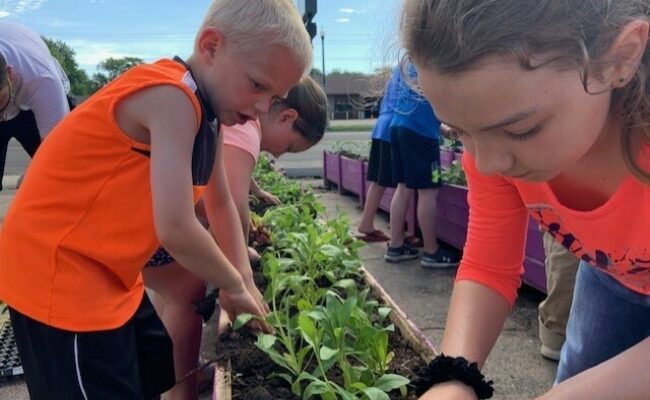News for Donors
Resiliency, Adaptability Are Key for Local Nonprofits

Over the past few months, we’ve all been bombarded with numbers. Every day we’re given the number of new COVID-19 cases, deaths, hospitalizations, recoveries, etc. We’ve seen charts of every variety. Lines have been flattened and spiked countless times. It seems like the continuous onslaught of numbers can sometimes have a numbing effect.
The numbers I’m going to share with you might not stick, I’m hoping these words do: Scared. Anxious. Unsure. Exhausted. These are the words I hear most often when visiting with non-profit leaders.
Many small- to mid-sized non-profits simply do not have the financial resources to weather the loss of revenue for more than a few months. While most have survived up until now, there is a lot of anxiety about how they’re going to make ends meet over the next 6-12 months.
To make matters worse, a lot of organizations rely on volunteers. Those volunteers tend to come from an older demographic that are in the high-risk category for Coronavirus. Without volunteer labor, courageous staff at agencies throughout the area have been working long hours to care for people and keep operations going.
For example, at Bishop Dudley Hospitality House, staff have been scrambling to keep guests safe and healthy. Daily lunches have become an “all hands on deck” effort. Numbers are up at this time over last year while donations of things like personal care items are down. Cleaning and sanitation supplies continue to be a big need.
Since the pandemic hit in March, Feeding South Dakota, in partnership with the Helpline Center, Corona Help SF, and others, has been providing community-wide food distributions. First at the Fairgrounds, and now at 41st Street and Grange. While numbers of households receiving assistance had been running fairly steady since May, a near record number of folks showed up for help at a distribution at the end of June. Food distributions are planned to continue throughout the summer. The need continues.
When it comes to things like childcare, providers are doing an outstanding job of making the best of these uncertain times. Staff is committed to doing everything they can to keep facilities safe and sanitary while also providing kids with a sense of normalcy. Still, revenues are down and costs to operate continue to be high with smaller class sizes, increased sanitation procedures, and more equipment needed since children cannot share items, non-profit childcare centers need philanthropy now more than ever.
As if all that’s not enough, COVID-19 can be a trigger for those struggling with mental health issues. The Helpline Center reports 20 percent of calls to suicide counselors are Coronavirus-related. In addition, while Children’s Inn reported a dip in domestic violence cases early in the pandemic, it’s beginning to see an uptick in the number of individuals seeking shelter and protection orders.
So, while the words scared, anxious, unsure and exhausted do reflect a common theme in the nonprofit community right now, there’s another word to remember — resilient. Organizations working with vulnerable populations, caring for children and feeding those in need will continue to serve our community. And working together, we can ensure they have the financial resources to provide for our neighbors now and after the pandemic.
